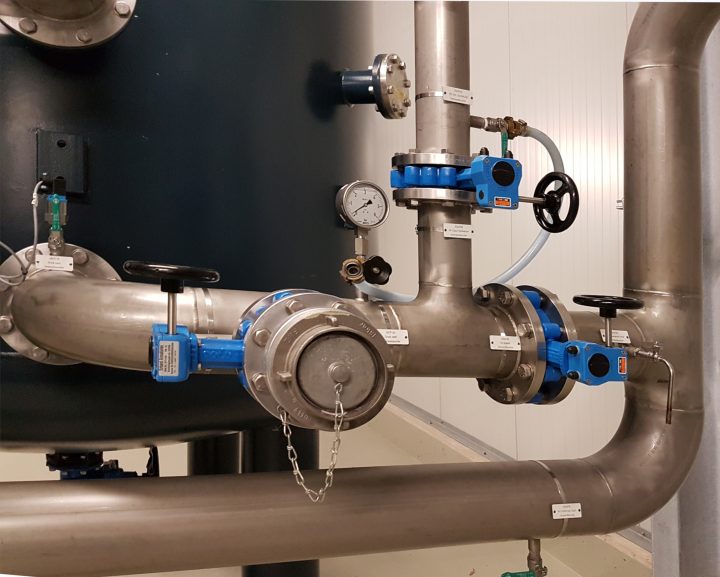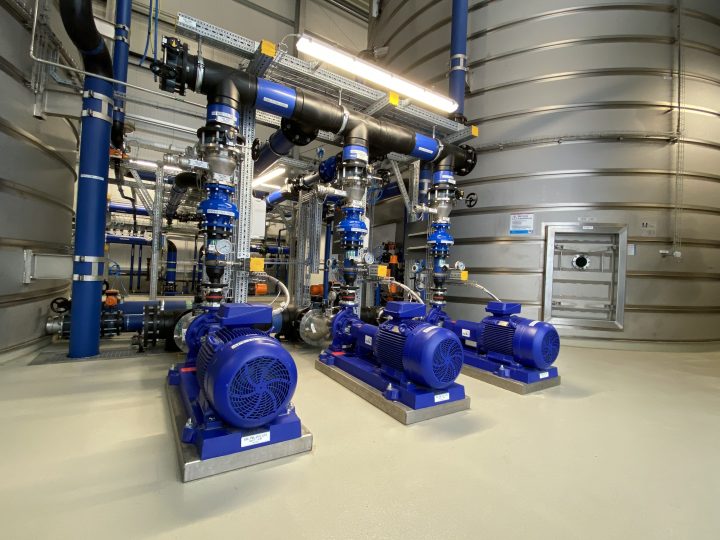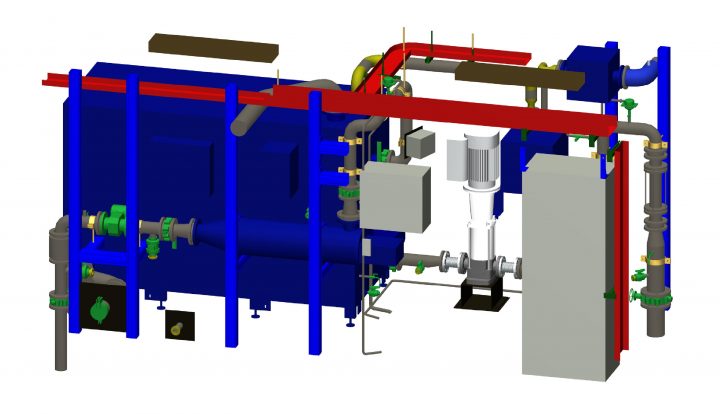Access to clean water
Access to clean water is essential for health, sanitation, and overall well-being. the idea that everybody should have access to water is a fundamental principle rooted in human rights and sustainable development goals. The united Nations aims to "ensure availability and have a sustainable management of water an sanitation for all". It reflects a commitment to improving global living conditions and promoting equality.
Water scarcity and the Worlds water challenge
The establishment and maintenance of drinking water treatment plants can play a crucial role in addressing water scarcity. Drinking water treatment plants are facilities designed to treat raw water from various sources, such as rivers, lakes or groundwater, to make it safe for human consumption. These plants use a combination of physical, chemical and biological processes to remove contaminants and ensure water meets quality standards.
The PWT Team works hard to implement and establish drinking water treatment plants all over the world.




